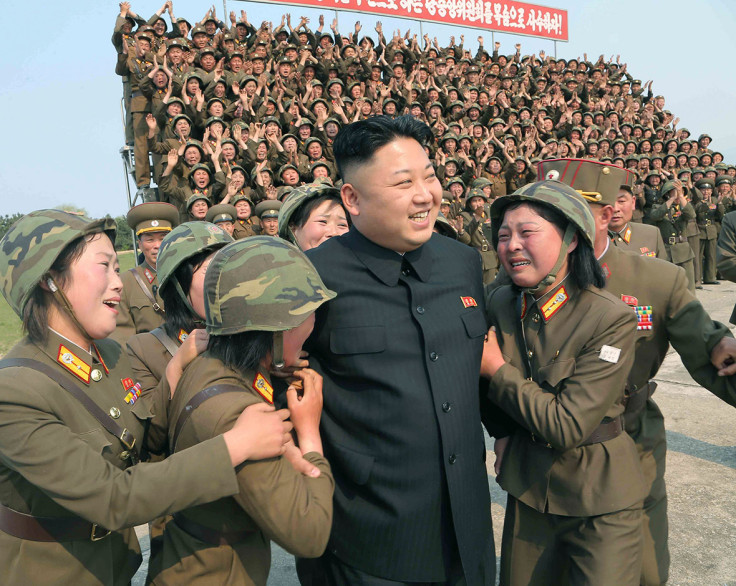Japan Reaches Trade Sanctions Agreement with North Korea Pending Kidnapping Investigation

The Japanese government has refused to remove trade sanctions against North Korea after high-level discussions in Stockholm.
However, there will be some easing of sanctions in a year's time, subject to North Korea investigating the kidnapping of Japanese citizens in the 1970s and 80s.
"Pyongyang should notify us of the results of the investigation of abduction victims within a year," said chief cabinet secretary Yoshihide Suga.
Japan banned all imports from the reclusive state in 2006, three days after North Korea claimed it had launched its first nuclear test. In 2009, it extended the ban to include exports.
Jiji Press, the Japanese newswire, reports that North Korea insisted that Japan completely remove its export and import ban in exchange for the investigation.
Japan subsequently offered to "ease restrictions on North Korean people's movements between the two countries and money transfers, and a ban on North Korean ships' entries to Japanese ports when Pyongyang starts to reinvestigate the abduction issue".
North Korea's chief negotiator, Song Il Ho, is reported to have accepted the terms, which will come into effect in 2015.
Seventeen Japanese citizens are officially recognised by the Japanese government to have been kidnapped by North Korean government agents over six years from 1977. However, many in Japan speculate that there were hundreds of victims.
At the turn of the century, Japan accounted for 19% of North Korea's bilateral trade, just behind China.
Today, media in South Korea carried editorial voicing concerns as to the outcome of any easing of trade sanctions with North Korea.
"There are concerns that international cooperation to prevent North Korea from developing nuclear weapons and missiles could be in jeopardy if Tokyo lifts trade sanctions against the North," read one piece in the Chosun Ilbo, a major national newspaper.
© Copyright IBTimes 2024. All rights reserved.






